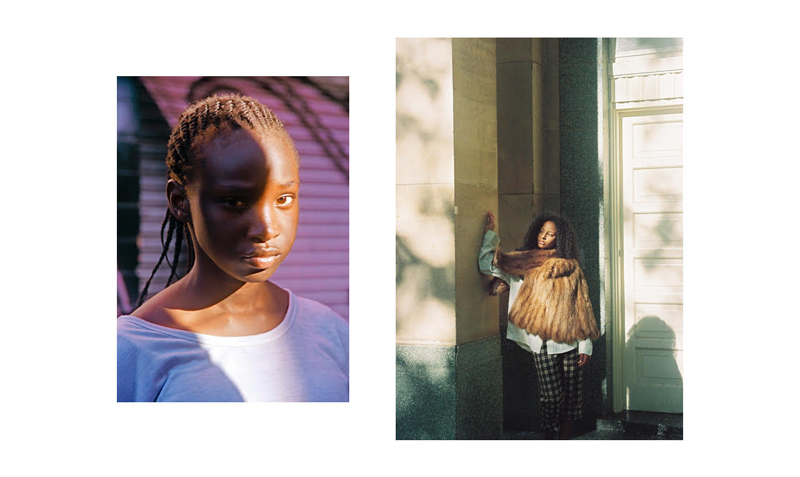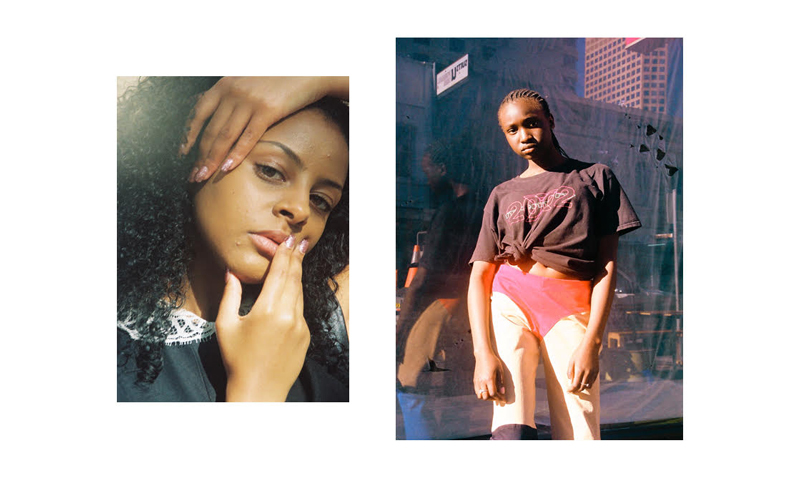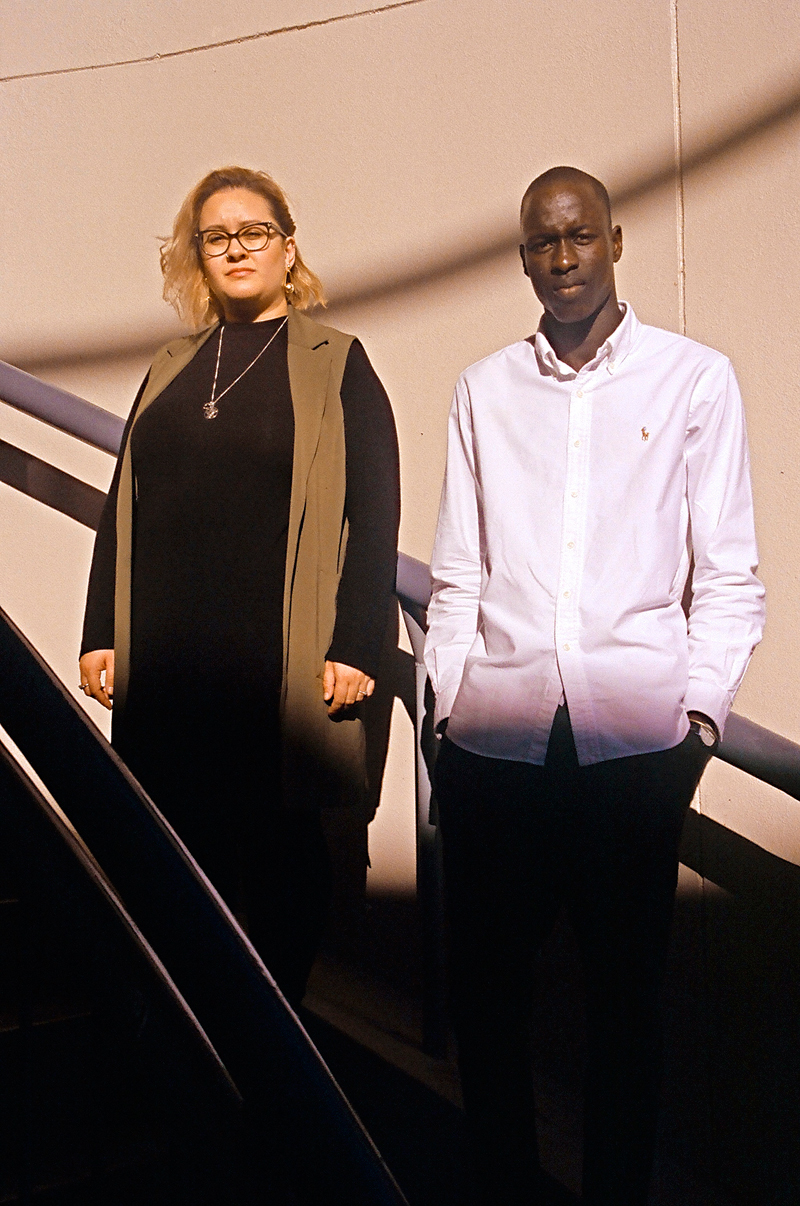In recent years, we’ve witnessed a slow but steady shift in the way fashion values different presentations of beauty. Central to much of this has been the push for more representation of non-white models. Change is visible — the most recent diversity report saw that for the first time more than 25 percent of the models cast in Spring 2017 shows were nonwhite — but hardly hurried.
Noting this evolution, and its lethargy, Juach Deng and Alyssia Cavanaugh of Rin Models felt they had a personal responsibility to be part of the change. Last year they started the first agency in Australia to “solely represent dark-skinned models.”
Juach, himself a refugee from South Sudan, got the idea after helping his cousin and designer Rin Dut, find non-white models to wear his designs in 2014. The two were surprised at how hard the job was to cast, and set out to create their own agency. Tragically, Rin passed away later that year, and Juach chose to move ahead with the plan in his cousin’s honour. He teamed up with photographer Alyssia and the following year Rin Models was born. We caught up with them to talk about diversity, representation and how fashion can have a positive impact on whole communities.
Can you give me a bit of backstory for the agency?
Juach Deng: Rin Models began as a teenage project. My cousin Rin Dut, an aspiring fashion designer, and I were looking for darker skinned models to showcase clothes from his upcoming label Rin. We set out by recruiting models, shooting their portfolios and creating a website for the agency. Our plan was to launch in February 2015, and considered naming the agency Précieux Models. But in January of that year Rin had an accident and tragically passed away. It was difficult to know where to head from there, so in honour of Rin I decided to change the agency’s name to Rin Models and I launched the agency on his birthday, May 25th 2015.

How did you get involved Alyssia?
Alyssia Cavanaugh: I’ve been involved since Juach approached me in 2015 to photograph the models for test shoots. Juach and I shared similar business growth ideas — mostly trying to challenge bland, commercial ideas of “normality” in Adelaide fashion landscapes.
How do you think Rin can create practical, constructive change?
Alyssia: Rin was born out of a desire to to “normalise” the inclusion of dark skinned models, to change the skin colour bias in the fashion industry. This is still an issue that we face today, and while we’re seeing some small changes in the industry with more demand for dark-skinned models on runways, there just aren’t enough models of colour participating.
Juach: The Fashion Spot reported that over 373 shows across the New York, London, Paris and Milan Spring 2016 runways, 77.6 percent of the models were white. A slight improvement from the 80 percent they reported for Autumn 2015. Change is happening, and we all feel a personal responsibility to be a part of that shift.
What kind of impact do you see broader representation in fashion having in the wider community?
Alyssia: Media has the power to shape our ideas, and fashion can have a positive and a negative effect on our self-image. The key is variety. We’re not seeing enough varieties of skin tones in the industry, and it isn’t a fair representation of the deeply multicultural society we live in. Just improving representation will not cause major change by itself, but symbolism matters, and we want it to be a starting point, not an end goal.

This isn’t just about skin tone, it’s also about how we value other western perceptions of beauty. It’s something you hear a lot when we talk about natural hair. I’m interested, how do you challenge this bias within a bias?
Alyssia: We aren’t afraid to gravitate towards somewhat unusual features in our models. We’d love to challenge the ideas of acceptability even within being a dark skinned model instead of gravitating towards a Eurocentric standard. I love standout, defining features that make a face interesting. I find myself looking for things like gap teeth, high cheekbones, freckles.
Beyond what we’ve spoke about, what are the values that define Rin?
Alyssia: We promote the under-represented. Dark-skinned models, as beautiful as they are, are severely overlooked. Like any other business, we want to treat our team fairly. We see our models as family members, and encourage personal development outside of the modelling world, especially because the models are so young when they start out, it’s important that they feel valued, safe and are not taken advantage of. We teach them as much as we can about the industry, so that they feel absolutely confident in all types of work situations.
Models start their career when they are young, maybe impressionable, and they may feel vulnerable, especially if they’re being tokenised. The modelling world can seem like a very intimidating place without the right, positive guidance. Our models’ welfare comes first, we have a moral obligation to look after them.
Credits
Text and photography Jonno Revanche
Creative director Alice Lukehurst
Models Lilly Jawi and Guet Changkou
